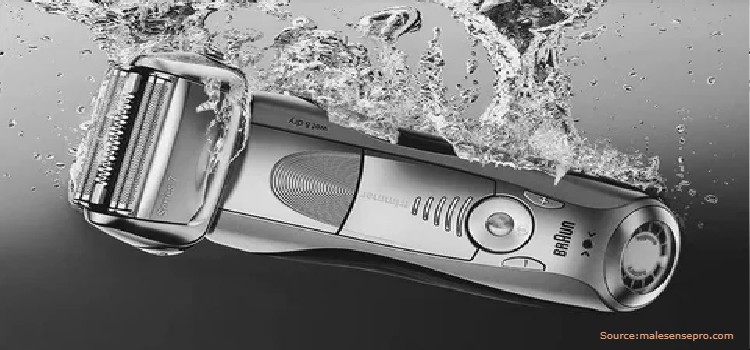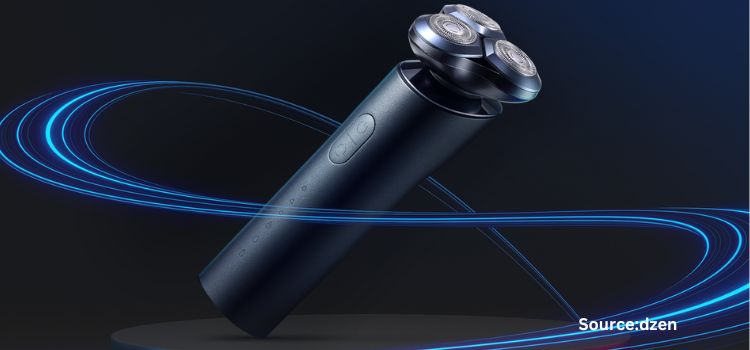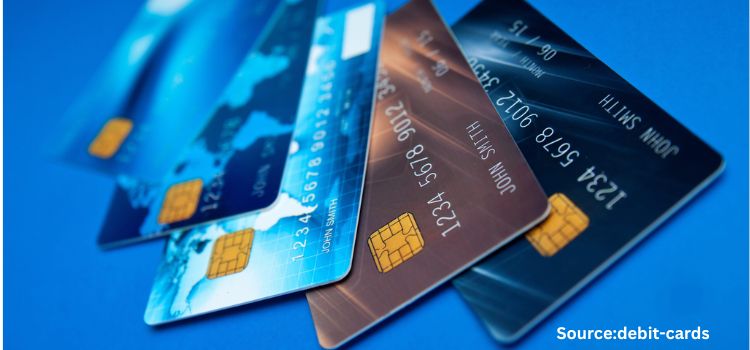
The UK Induction Charger Market by Power Output (5W to 15W, 16W to 30W, Above 30W), by Charging Standard (Qi Standard, AirFuel), and by Distribution Channel (E-Commerce or Online and Offline) – Opportunity Analysis and Industry Forecast 2024–2030
Industry: Retail and Consumer | Publish Date: 16-Apr-2025 | No of Pages: 100 | No. of Tables: 70 | No. of Figures: 35 | Format: PDF | Report Code : RC1279
US Tariff Impact on The UK Induction Charger Market
Trump Tariffs Are Reshaping Global Business
Market Definition
The UK Induction Charger Market was valued at USD 21.97 million in 2023, and is predicted to reach USD 61.51 million by 2030, with a CAGR of 15.2% from 2024 to 2030.
The induction charger industry, part of the wider consumer electronics sector, is undergoing swift evolution and gaining recognition on the global technology front. This field is dedicated to advancing and spreading wireless charging technology, a method that enables the transmission of electrical power without relying on physical connectors or cables.
Fundamentally, the technology behind induction chargers is grounded in electromagnetic induction, employing an electromagnetic field to facilitate the transfer of energy between two objects – typically a charging pad and a compatible device.
Growing Adoption of Wireless Chargers Fuels Induction Chargers Market Growth
The wireless charging market has experienced substantial growth, attributed to the rising popularity of wireless chargers for mobile phones and the emergent trend of smart shelves incorporating wireless charging capabilities. A notable illustration of this trend is the introduction of IKEA's SYMFONISK shelf in the UK in July 2022.
This innovative shelf features a Qi-compatible wireless charging pad and an 18W USB-C charging port, allowing simultaneous charging of other compatible devices. The fusion of convenience and functionality in such products has played a pivotal role in propelling market expansion. Furthermore, local companies are actively involved in producing innovative wireless chargers across the country, contributing to the flourishing demand in the induction charger market.
For instance, SleepHalo offers a groundbreaking wireless phone charger utilizing the Qi standard, capable of blocking radiation. This charger is compatible with various modern phones, including Apple iPhones, Google, Huawei, LG, Microsoft, and Sony.
Growing Adoption of Smartphones and Electronic Devices fuels Induction Chargers Market Growth
The surge in demand for induction chargers in the UK can be attributed to the widespread adoption of smartphones and electronic devices that support wireless charging. As these devices become increasingly prevalent, consumers are drawn to the convenience and hassle-free experience that wireless charging offers.
The elimination of cumbersome cables and the ability to simply place devices on charging pads have significantly contributed to the rising popularity of induction chargers, making them a preferred choice for individuals seeking efficient and user-friendly charging solutions.
The Standardization of Wired Chargers Hinders the Growth of the Induction Charger Market
The extensive embrace of USB Type-C connectors in wired chargers poses a considerable obstacle to the induction charger market. This standardization ensures compatibility with a wide range of devices, establishing USB Type-C as a convenient and adaptable charging solution. Its rapid charging capabilities, often surpassing those of many wireless chargers, enhance its allure, especially for users prioritizing swift charging experiences.
Introduction of Qi v2.0 Standard for Wireless Charging Creates Ample Opportunity
The launch of Qi v2.0, the latest wireless charging standard, is poised to impact the induction charger industry significantly. Offering enhanced features such as magnetic attachment, improved charging speed, higher efficiency, and greater convenience, Qi v2.0 is set to elevate user experiences.
With the first Qi v2.0 certified devices, including Apple's iPhone 15 series and various power transmitters, expected to hit the market during Christmas, significant manufacturers, including Belkin, Mophie, Anker, and Aircharge, are gearing up with compatible products. Over 100 devices are already undergoing testing or certification for Qi v2.0.
This new standard is expected to unify the wireless charging industry, promoting smoother, faster charging and broader interoperability. As Qi v2.0 becomes the global benchmark for wireless charging, its adoption will likely simplify the market and enhance universal compatibility, driving growth in the induction charger sector as more consumers move towards Qi v2.0 compatible charging solutions.
Competitive Landscape
The UK Induction Charger industry includes several market players such as Samsung Electronics Co. Ltd., Apple Inc, Anker Innovations Technology Co. Ltd., Belkin International, Inc., Xiaomi Corporation, Huawei Technologies, ASUSTeK Computer Inc., ZAGG INC., Energizer Holdings, Inc., and Aukey Corporation Limited.
The UK Induction Charger Market Key Segments
By Power Output
-
5W to 15W
-
16W to 30W
-
Above 30W
By Charging Standard
-
Qi Standard
-
AirFuel
By Distribution Channel
-
E-Commerce or Online
-
Offline
REPORT SCOPE AND SEGMENTATION:
|
Parameters |
Details |
|
Market Size in 2023 |
USD 21.97 Million |
|
Revenue Forecast in 2030 |
USD 61.5 Million |
|
Growth Rate |
CAGR of 15.2% from 2024 to 2030 |
|
Analysis Period |
2023–2030 |
|
Base Year Considered |
2023 |
|
Forecast Period |
2024–2030 |
|
Market Size Estimation |
Million (USD) |
|
Growth Factors |
|
|
Companies Profiled |
10 |
|
Market Share |
Available for 10 companies |
|
Customization Scope |
Free customization (equivalent up to 80 working hours of analysts) after purchase. Addition or alteration to country, regional, and segment scope. |
|
Pricing and Purchase Options |
Avail customized purchase options to meet your exact research needs. |
KEY PLAYERS
-
Samsung Electronics Co. Ltd.
-
Apple Inc
-
Anker Innovations Technology Co. Ltd.
-
Belkin International, Inc.
-
Xiaomi Corporation
-
Huawei Technologies
-
ASUSTeK Computer Inc.
-
ZAGG INC.
-
Energizer Holdings, Inc.
-
Aukey Corporation Limited.

















 Speak to Our Analyst
Speak to Our Analyst





















